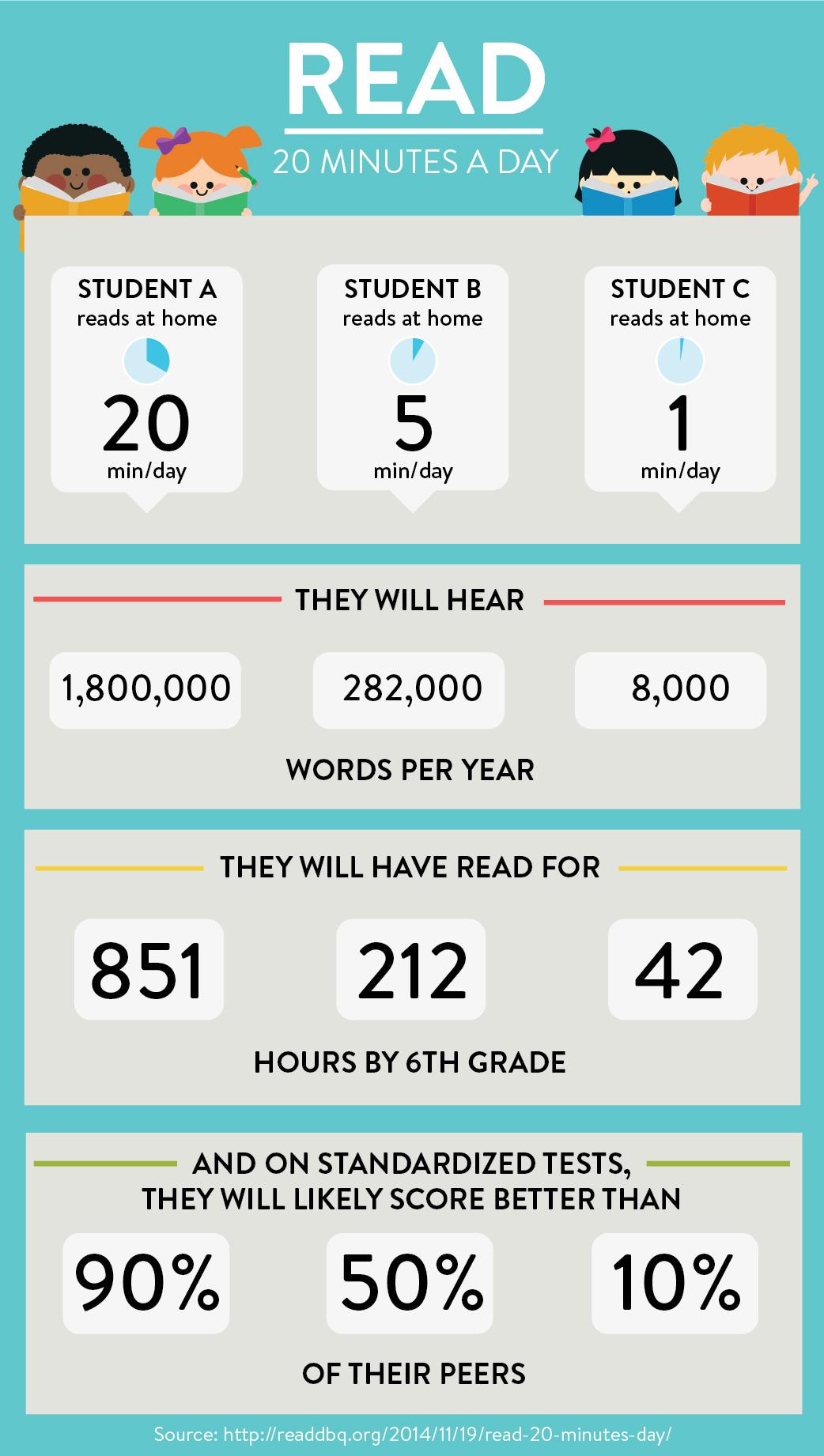Reading

Reading – Making Meaning to Comprehend
Reading is a series of complex skills to learn and teach as there are many things a reader needs to master and put together including: how to decode words, thinking about the meaning of new words, trying to make sense of new information, and learning to read with fluency are just a few of these. But the most important part of being a reader is the ability to understand what has been read and to be able to share, talk and use the information in a range of ways. If a child can read the words, but is not able to talk about what they have read, then they are not really reading.
An always ongoing focus of our teaching at all year levels is developing deep reading comprehension.
When we read we are usually using a range of fluent and sub-concious strategies that we may not be aware of that help to make sense of the text.
Some of the strategies include –
Making predictions and using what we already know.
Making connections - does this remind me of a personal experience.
Asking questions – why did that happen? What?? What is going to happen next?
Clarifying – thinking about word meaning and does that make sense?
Visualising – picturing ourselves in the book or linking back to past experiences.
Summarising – what have I learnt? What happened? What was that about?
Inferring – making smart guesses about what is not included in the text.
We teach students to focus on the importance of being able to have conversations about reading and to share and talk about strategies that help to understand the book, rather than reading just being about the level of book that they are on or about reading ‘hard books.’
Reading at Home Matters…
Ensuring that your child reads at home at least four nights per week is important to their reading development. Our data clearly shows that children who read regularly at home make better progress and are more likely to achieve expected year level reading benchmarks.
The following graphic highlights the number of words a child is exposed to over a year if they read for only 20 minutes per day on a regular basis. The more words children are exposed to, the better their vocabulary and this impacts in all learning areas.
For Reception to Year 3 students reading out loud to an adult is important. As children progress, become more fluent and are reading longer texts and novels they may read to themselves and then check in with you to share what they have read, or a couple of times a week you could ask them to choose a favorite or interesting page/paragraph and have them read it to you with their best fluency and expression!
Following are some questions that you could use at home to have conversations about reading.
Ask:
- Tell me about the book – what did you think about it and why?
- Who are the characters? How did they change?
- What were you thinking about the characters and why?
- What was a favourite or funny part? Why?
- What did you learn?
- What was the problem and how did it get solved?
- Did this remind you of anything? Could you make any connections to your life?
- Were there any new words that you learnt or were not sure about the meaning? Discuss how these words can be used in other ways.
- Why do you think the author wrote this? What was their purpose or what do you think they want you to think about?
- How would you have changed the story?
- How can you use what you have learnt?
If your child is not able to read the words in their Just Right book that they bring home, this is okay. Take a deep breath and read it with them, read it to them or take turns page by page and then talk about the book after. They are still getting comprehension from this. If you have any concerns about your child’s reading progress their class teacher will be more than happy to chat with you.
Next time you read something, take a moment to stop and think about which strategies you were using that helped you to comprehend and understand. You will probably be surprised at how much subconscious thinking we do without knowing it.
Happy Reading.
Sally Slattery, Principal

